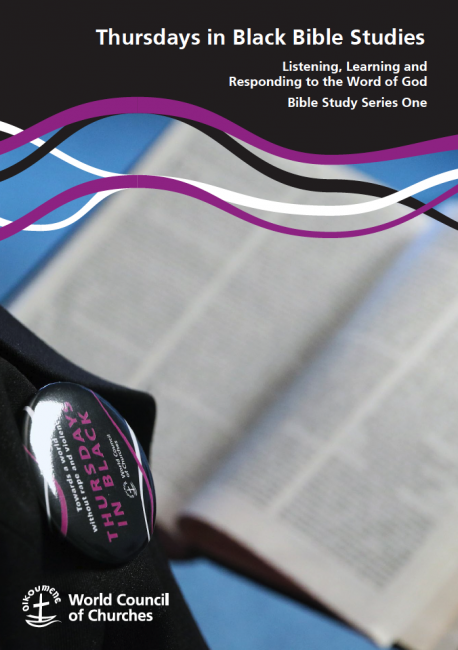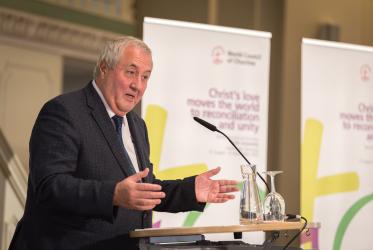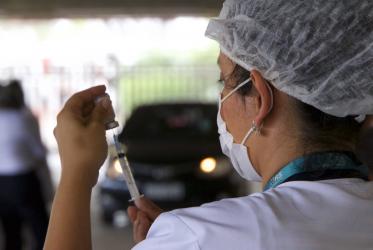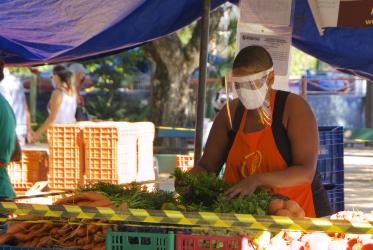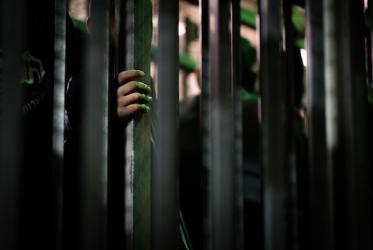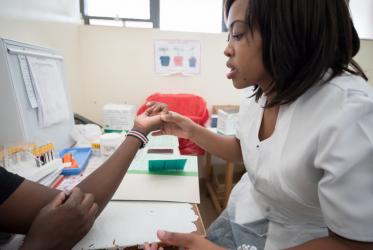Displaying 1 - 20 of 38
Pan-African Women of Faith and the Vision of Christian Unity, Mission, and Justice
01 November 2023
Thursdays in Black Bible Studies Series 1
Listening, Learning and Responding to the Word of God
21 October 2021
Dr Abuom reflects on women of faith as healers of creation
05 October 2021
“Gathering in Grief” mourns Rev. Phumzile Mabizela
07 July 2021
Healing Together
A Facilitator’s Resource for Ecumenical Faith and Community-Based Counselling
15 October 2020
Global Health Histories Seminar: Faith in Universal Health Coverage
17 October 2018
Ecumenical Centre, Geneva
G20 summit: call to pray for peace in Hamburg
07 July 2017




